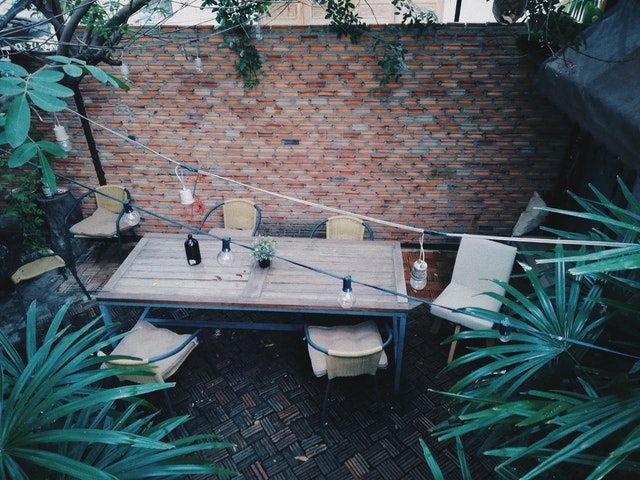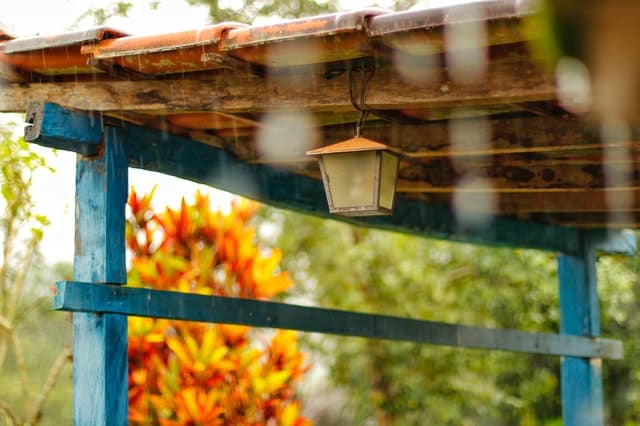First published: 2 June 2021 @ 3:54 pm
4. Check your electrical outlets
Make sure your electrical outlets are clear of any debris and dirt. If they’re clogged with debris, they could short circuit and spark during a storm. This could cause a fire to break out in your home, which is a huge risk.
5. Secure your outdoor furniture

It’s important to make sure your patio furniture is secure. A loose chair or table could blow down during a storm, causing damage to your property. Make sure your chairs and tables are secure to prevent any accidents.
6. Seal your basement
If your basement floods during the rainy season, it could cause serious damage to your home. Use waterproofing sealants to extend the life of your basement walls and prevent water damage.
7. Check your walls for mold
If your home has a history of flooding, you’ll want to check your walls for mold. You’ll want to remove mold as soon as possible because it can cause respiratory problems in your home.
The Center for Disease Control recommends using a solution of bleach and water to clean mold. Be sure to wear rubber gloves when handling bleach and work in a well-ventilated area.
Check your local weather forecast for any scheduled storms, and be sure to exercise proper safety precautions for your home. You’ll want to be prepared for the rainy season to prevent any unnecessary damage.
Share this article with your friends and family if you found this helpful!

